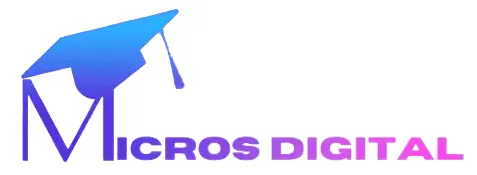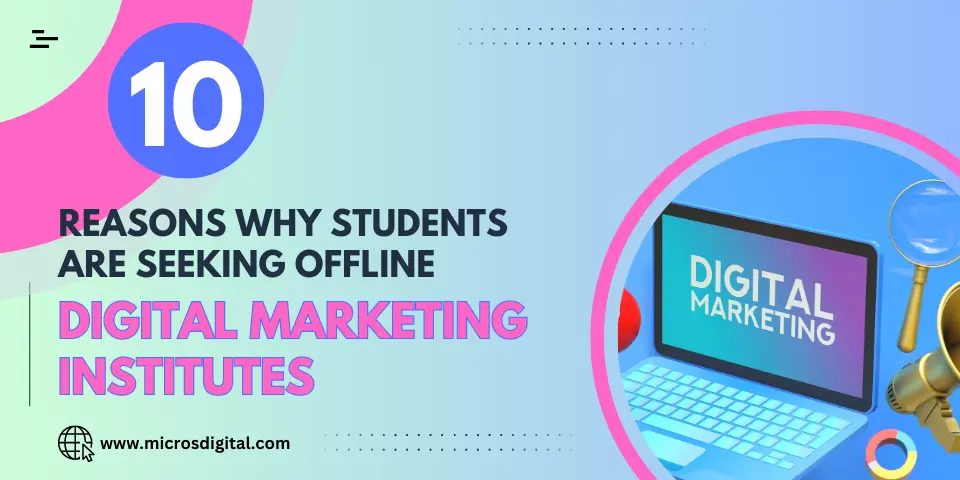In a world dominated by online learning, the resurgence of interest in offline education might seem surprising. However, when it comes to certain fields like digital marketing, there are distinct reasons why students are seeking out offline institutes. This blog post, we’ll explore 10 compelling reasons behind the trend of students opting for offline digital marketing institutes.
Table of Contents
ToggleHands-On Interaction:
Offline institutes offer a unique opportunity for face-to-face interaction between students and instructors. This personal touch enables students to ask questions, engage in discussions, and receive immediate feedback, fostering a deeper understanding of the subject matter.
Real-Time Collaboration:
In-person learning facilitates real-time collaboration with peers. Students can form study groups, work on projects together, and exchange ideas, enhancing their learning experience and teamwork skills.
Networking Opportunities:
Offline institutes provide a platform for students to build meaningful connections with their peers and instructors. These connections can translate into valuable professional networks that last beyond the classroom.
Structured Learning Environment:
Offline classes follow a structured schedule, promoting discipline and time management. This setup can be particularly beneficial for students who thrive in an organized learning environment.
Instant Doubt Resolution:
The ability to approach instructors immediately for clarification on doubts can expedite the learning process. Offline institutes eliminate the lag time that might be present in online communication.
Improved Focus and Engagement:
Offline classes minimize distractions and create an environment where students can focus solely on learning. This enhanced engagement can lead to better retention of information and concepts.
Access to Physical Resources:
Offline digital marketing institutes often provide access to physical resources like libraries, study materials, and interactive displays. These resources can complement the learning process and offer students a holistic educational experience.
Soft Skills Development:
Apart from digital marketing skills, students also develop soft skills such as communication, public speaking, and interpersonal skills through face-to-face interactions and presentations.
Experiential Learning:
Certain concepts in digital marketing, such as role-playing scenarios or live presentations, are better suited for offline settings. These experiential learning opportunities can be valuable for students’ overall growth.
Conclusion
While online learning has revolutionized education, offline digital marketing institutes still hold a special place in the hearts of many students. The tangible benefits of personal interaction, networking, practical workshops, and a structured environment contribute to a more immersive and comprehensive learning experience. As the education landscape continues to evolve, both online and offline options will likely coexist to cater to the diverse learning preferences of students pursuing a career in digital marketing.








